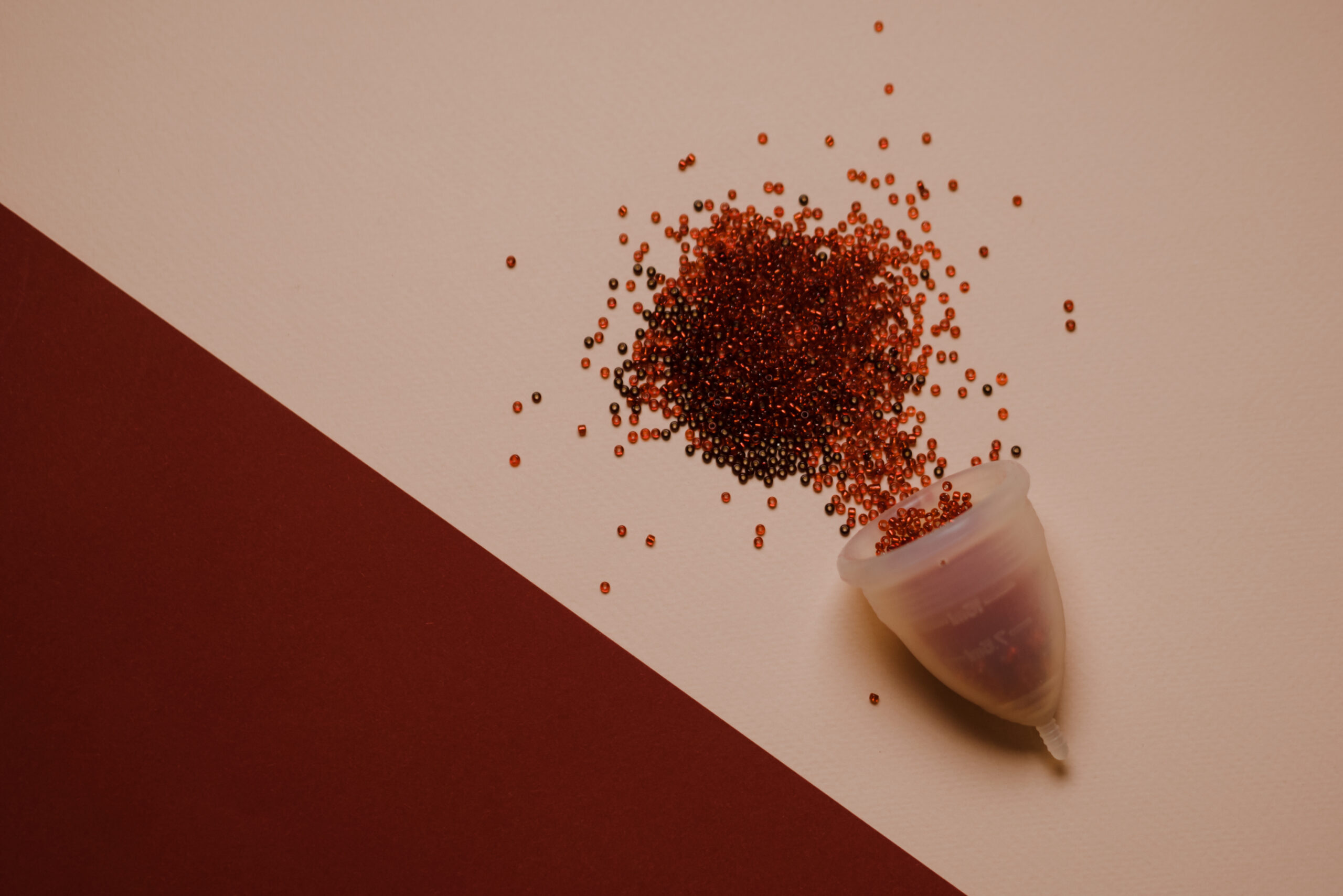Do hemorrhoids bleed?
Title: Understanding Hemorrhoids: Can They Cause Bleeding?
Introduction:
Hemorrhoids are a common health concern, yet many people hesitate to openly discuss them due to their sensitive nature. Despite this, it’s important to shed light on the topic to increase awareness and encourage individuals to seek proper medical guidance. One frequently asked question about hemorrhoids is whether they can cause bleeding. In this blog, we will delve into this query and explore the causes, symptoms, and potential treatment options for bleeding hemorrhoids.
Understanding Hemorrhoids:
Hemorrhoids, also known as piles, are swollen blood vessels located in the rectum or anus. They can be internal, occurring inside the rectum, or external, forming under the skin around the anus. Varied factors contribute to their development, including excessive straining during bowel movements, chronic constipation or diarrhea, pregnancy, obesity, and a sedentary lifestyle.
Do Hemorrhoids Bleed?
Yes, hemorrhoids can indeed cause bleeding. Bleeding is one of the most common symptoms associated with hemorrhoids and can occur with both internal and external hemorrhoids. When the swollen blood vessels are strained or irritated, they may rupture, leading to bleeding.
The severity of bleeding can vary. In some cases, the blood may be visible on the toilet paper after wiping, or it may be present in the toilet bowl. Hemorrhoidal bleeding is usually bright red in color and may be accompanied by discomfort, itching, or pain in the affected area.
Causes of Hemorrhoidal Bleeding:Several factors can contribute to bleeding hemorrhoids. These include:
1. Straining during bowel movements: Putting excessive pressure while passing stool can strain the blood vessels in the rectum, leading to bleeding.
2. Chronic constipation or diarrhea: Both conditions can irritate the hemorrhoidal tissue, increasing the risk of bleeding.
3. Pregnancy: The increased pressure on the pelvic area during pregnancy can cause hemorrhoids to develop or worsen, resulting in bleeding.
4. Overuse of laxatives: Regularly using laxatives can further aggravate the hemorrhoids, causing them to bleed.
Treatment Options for Bleeding Hemorrhoids:When experiencing bleeding hemorrhoids, it is crucial to consult a healthcare professional for an accurate diagnosis and appropriate treatment. Some possible treatment options for bleeding hemorrhoids include:
1. Lifestyle modifications: Adopting a fiber-rich diet, maintaining proper hydration, and incorporating regular physical activity can help soften the stool and reduce the risk of bleeding.
2. Topical creams and ointments: Over-the-counter creams or ointments containing hydrocortisone or witch hazel can alleviate itching or discomfort associated with bleeding hemorrhoids.
3. Sitz baths: Soaking the affected area in warm water for about 10-15 minutes several times a day can provide relief and promote healing.
4. Minimally invasive procedures: In cases where lifestyle modifications and conservative measures do not provide relief, medical procedures such as rubber band ligation, sclerotherapy, or hemorrhoidectomy may be recommended.
Prevention is Key:While hemorrhoids may not always be preventable, adopting a few simple habits can help minimize the risk of bleeding or the development of hemorrhoids altogether:
1. Maintain a healthy, high-fiber diet to promote regular bowel movements.
2. Avoid prolonged sitting or standing, as it can contribute to the development of hemorrhoids.
3. Engage in regular physical activity to improve circulation and prevent constipation.
4. Practice proper anal hygiene and avoid excessive wiping or using harsh toilet paper.
Conclusion:
Bleeding hemorrhoids can be a cause of concern and discomfort. However, they are a common condition and are often treatable. If you experience symptoms of bleeding hemorrhoids, it is essential to consult with a healthcare professional for an accurate diagnosis and tailored treatment plan. Remember, early intervention and adopting healthy habits can help manage hemorrhoids, prevent complications, and improve overall well-being.



